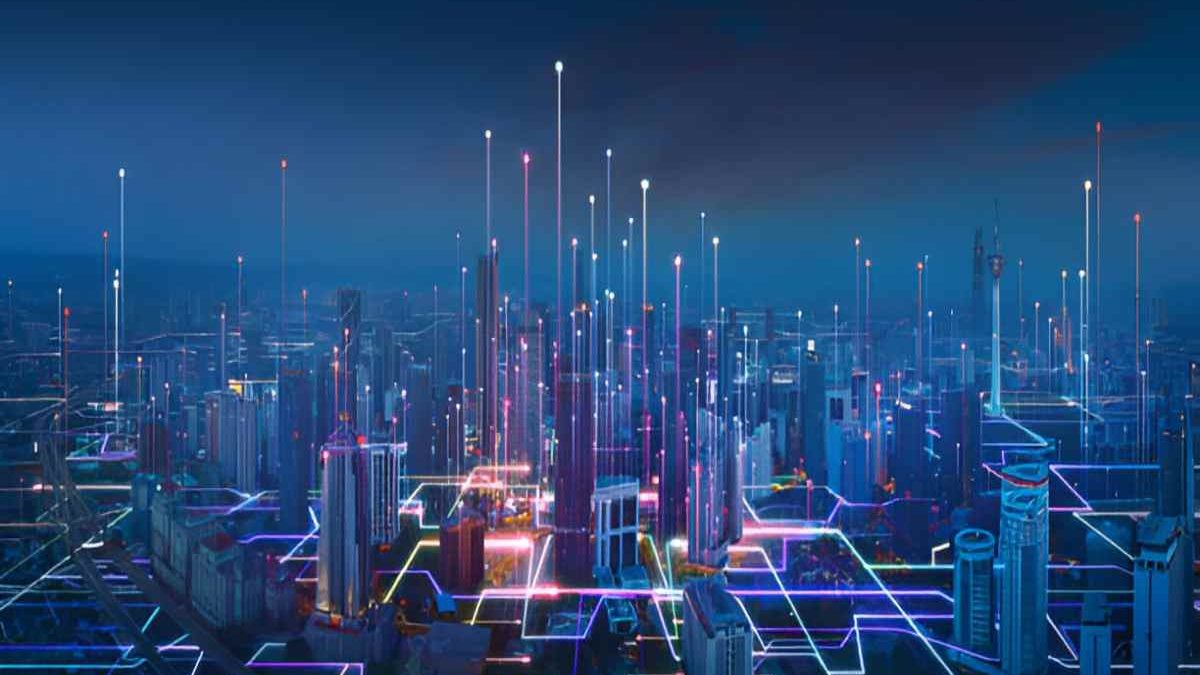Table of Contents
Introduction
“Technology” comes from the Greek word and means art, craft, or skill. Therefore, technology is not a thing but a process, a capacity to transform or combine something already existing to build something new or give it another function. This capacity for transformation can be intuitive, or (as happens in our current societies) it is knowledge that comes straight from the field of science.
What is Technology?
We hear about technology daily. The concept of science and technology looks close to us because we recognize that we live permanently deep in it. We even see it in new spaces that we must explore, streamlining processes and shortening times. We also hear about it when it is blamed for the distance between people, their reification, and its unwanted effects on life and the environment.
In brief, we know of many uses of technology: it heals but also kills, it educates but also impoverishes thought, it speeds up or complicates our lives, it brings people closer and further away. It would seem that there are technophilic & technophobic positions between which we debate while we live with it. This is not new to us because technology has been used since the first hominid took a piece of wood in his hands and used it to protect his children from beasts or kill a neighbor to keep his property. That piece of wood was already technology.
Genesis of Technology
Our closeness to technology makes it suspicious: we do not always stop to think about why technology is the way it is, why it does what it does, and how it does it. Just as we saw, science is made by human beings with interests that are not always humanitarian or ethical, and technology also inherits some of its characteristics from science. Just as science depends on an ideology, technology also does: it is not innocent, and its creation and possibilities of use are oriented to other objectives beyond the immediate practical purposes that we use.
Technology Ethical Dimensions
This ethical dimension of technology has been identified and discussed since the 19th century. Significantly when, technological developments derived from the research were projected for the industry but negatively impacted citizens. The Industrial Revolution is an example of this: although science and technology contributed to the economic and medical growth of the population, its benefits were not distributed equitably. In the 20th century, this crisis deepened when advances in physics were appropriated by military technology. It was demonstrated that the same technology that could discover new space frontiers and cure diseases could kill en masse. This was the case in Hiroshima, Nagasaki, and Chornobyl. At the beginning of the 21st century, the discussion added new cases, such as genetic engineering, with both positive and negative uses for people’s lives and the care of the environment.
These cases (to name a few) call us to reflect on a no-small aspect of the uses of technology. Its ideological dimension. Oscar Varsavsky (1920 to 1976) was one of the Argentine scientists and technologists. Who, already in the 60s, faced this issue as an inescapable aspect of technology. Varsavsky’s work, first published in 1974, focuses on one of the most persistent challenges in science, history, and technology in developing countries, such as the definition of their style of technology production.
We advise you to read a fragment of his production to continue debating the definition of technology:
Oscar Varsavky (1974): “Chapter 1. Introduction” in Technological Styles. Proposals for the selection of technologies under socialist rationality. Program of Studies on Latin American Thought in Science, Technology and Development (PLACTED). Buenos Aires: Ministry of Science, Technology & Productive Innovation and Editions of the National Library. 2013 reissue.
Does Technology Dehumanize Us?
It is often associated with everyday electronic devices that, at the same time, make us less human and more insensitive to the social context. However, technologies do what we ask them to do; in that sense, they obey us. In such a way, we can think that we humans are the ones who dehumanize ourselves, blaming technologies for their permanent influence as if we did not have freedom of decision.
Conclusion:
Ultimately, technology is transforming all sectors, using technology to improve efficiency, productivity, and sustainability. It will play a progressively important role in daily life.
Also Read: Decathlon Sports India MBD Mall in Jalandhar

